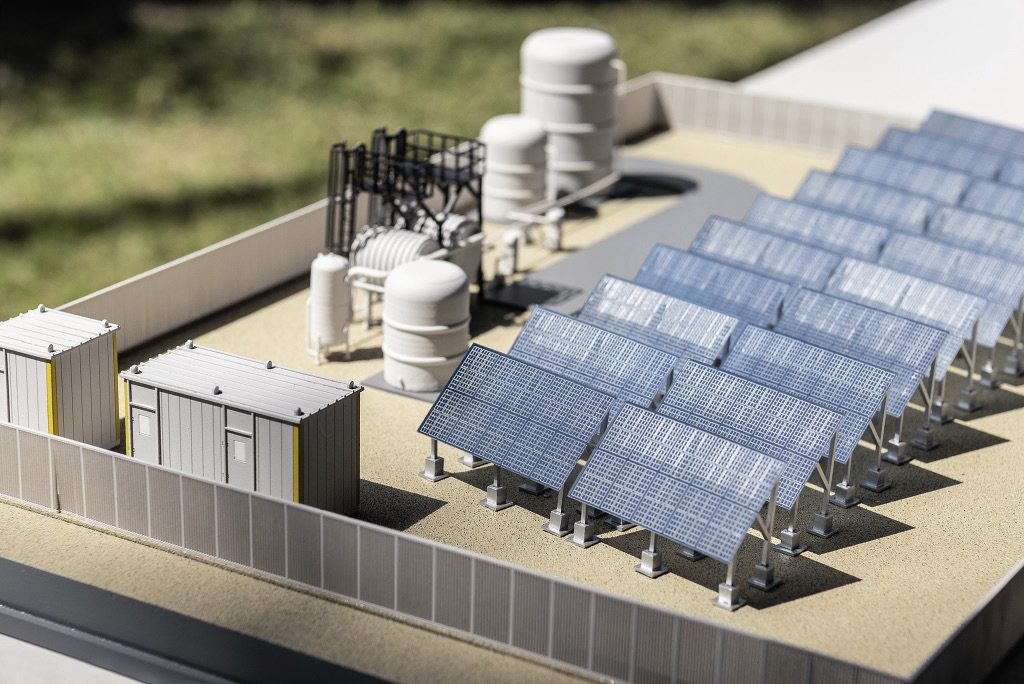A study by researchers at the University of Texas has concluded the extraction of valuable elements from brine waste could prove central to the widespread adoption of solar-powered desalination.
Academics from the University of Texas examined how solar generation could supply part of the electric demand at the Kay Bailey Hutchison brackish groundwater, reverse-osmosis desalination plant in El Paso, Texas to inform the paper Solar desalination: Cases, synthesis, and challenges, published in Wires Water.
The Texas group also considered how solar could be used at a similar, hypothetical facility in Abilene in the same state and at proposed desalination plants in Abu Dhabi and the remote coastal town of Denmark, in Western Australia.
Environmental impact
One of the chief obstacles to the deployment of solar-powered desalination is a lack of knowledge about the potential negative impacts of dumping large volumes of waste brine into the sea near such facilities.
Options to mitigate such impacts include ‘multiport diffusers’ which disperse the waste product at numerous outlets or using cooling water from thermal power plants to dilute the brain before disposal.
However, the paper’s authors added: “Potentially profitable commodities that can be extracted from brine include sodium, chlorine, potassium and magnesium.”
The researchers concluded solar was an interesting option to drive desalination, including when combined with energy storage and other renewable power sources, but noted a lack of financial modeling for the technology and of policy support for connecting such facilities to the grid.
This content is protected by copyright and may not be reused. If you want to cooperate with us and would like to reuse some of our content, please contact: editors@pv-magazine.com.




4 comments
By submitting this form you agree to pv magazine using your data for the purposes of publishing your comment.
Your personal data will only be disclosed or otherwise transmitted to third parties for the purposes of spam filtering or if this is necessary for technical maintenance of the website. Any other transfer to third parties will not take place unless this is justified on the basis of applicable data protection regulations or if pv magazine is legally obliged to do so.
You may revoke this consent at any time with effect for the future, in which case your personal data will be deleted immediately. Otherwise, your data will be deleted if pv magazine has processed your request or the purpose of data storage is fulfilled.
Further information on data privacy can be found in our Data Protection Policy.